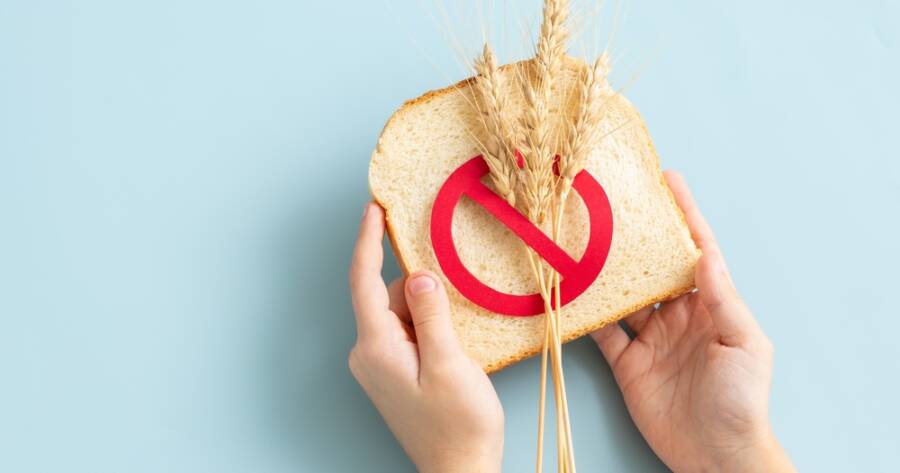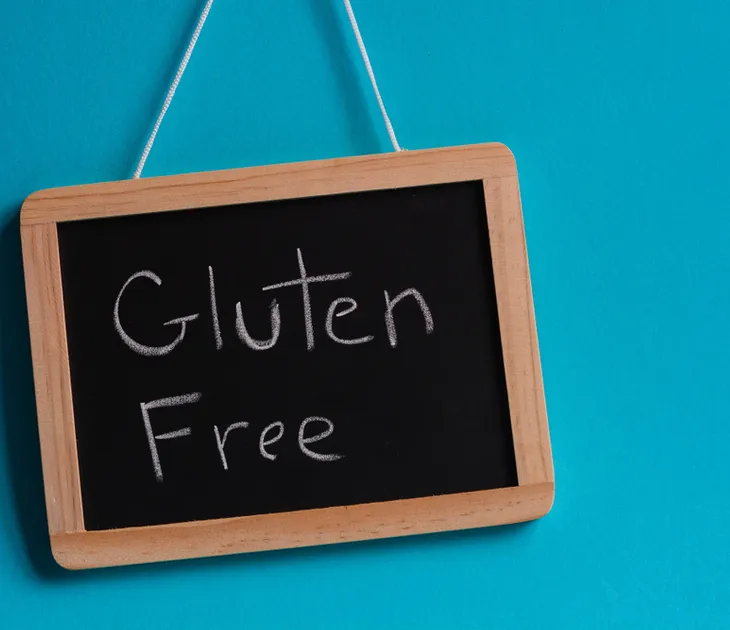These days, many people—including children—are living gluten-free, which means they don’t consume grains (wheat in particular). Gluten is actually a protein and it can trigger symptoms in children with celiac disease, causing tummy aches and even weight loss and poor growth.
Being gluten free can be because of dietary restrictions due to health, but can also be a conscious choice that families make. Either way, keeping gluten out of a diet (especially for children) can be a challenge, so here are six tips for parents with a gluten-free kid…
Build a Gluten-Free Environment
GlutenFreeLiving.com notes that families can make kitchens “gluten-free friendly” by buying a new toaster, cutting board and other food preparation devices. While this might be a few bucks up front, it will help prevent “cross-contamination” from foods containing grains.
The source also suggests buying new butter and other spreads that may already be touched by gluten due to crumbs getting into them. “Either designate these as gluten free or teach the family never to double dip,” notes the source.
Create a Naturally Gluten-Free Food List
There are several foods that are naturally gluten-free (as opposed to products that have been processed to remove the gluten), explains GlutenFreeLiving.com. Learn what they are and teach the children—it may be handy to leave a list in the kitchen, or communicate it to them electronically.
Some of the natural gluten-free ingredients listed by the source include plain rice, rice flour, fruits, vegetables, real cheese, quinoa, potatoes and beans. There are many more (including corn and soy), so you can do your own research or work with a registered dietician to fill the “safe” list.
Be Wary of Non-Food Sources of Gluten
While avoiding gluten-rich foods is key, there are other products out there that a kid comes into contact with that can cause a celiac reaction, according to the Children’s Hospital Los Angeles (CHLA).
The CHLA explains that some of these items include play dough, certain lip balms, stamps/envelopes adhesives, and many types of medications and over-the-counter vitamins. Be extra careful and find out what other potential sources of gluten can make it into your child’s digestive system.
Advocate for Gluten Free Schools
BeyondCeliac.org said many children with dietary restrictions bring their own safe food to school with them, rather than chance it from the cafeteria menu. While many school systems are sensitive to gluten-free needs, it’s not always an easy road.
The source suggests finding out if the school district has a school nutrition manager/director and if they have completed the GREAT Schools, Colleges, and Camps program for preparing gluten-free meals. The source also suggests learning what your rights are regarding schools accommodating your celiac-free child. “Decisions are based on individual circumstances: there is no blanket statement that can be made for all children with celiac disease,” it says.
Get Advice from a Doctor
An article in the Washington Post suggests checking with a physician (or other qualified health practitioner) before making any changes to your child’s diet, whether it’s from an allergic reaction or a conscious choice to avoid gluten.
This is to ensure your child’s diet is still delivering enough nutrition following the removal of gluten items, adds the article. Don’t make an assumption your child is gluten intolerant; have them tested and know for sure whether gluten is the culprit.
Know Some Recovery Methods
There are times when gluten can still make its way into your child’s diet, so it might be handy to know how to handle the situation to make them as symptom-free as possible. If your child is experiencing a gluten reaction, there are some easy strategies to turn to.
PrimalDocs.com shares a helpful list of some of these strategies: they include drinking plenty of water to cope with gluten intake; getting some extra rest to help the body recuperate, and drinking bone broth which has nutrients “soothing to the digestive system.” You may want to discuss with your doctor whether all recovery methods are safe for children (such as acupuncture and digestive enzymes, for example).









